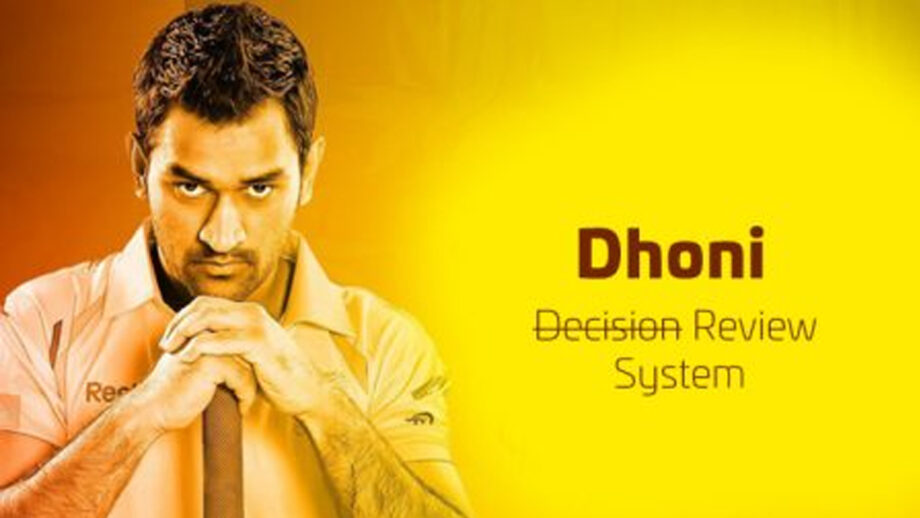Decision Review System (DRS) is a method-based process where the on-field umpire consults with the third umpire and reconsiders the decision to be taken in the field when the team is not satisfied with it. But the DRS system has been launched in 2002 by International Cricket Council (ICC) and has been modified a lot to date. Now, DRS being termed as ‘Dhoni Review System’; is a bit obvious.
The former Indian captain, Mahendra Singh Dhoni, is well known for his amazing batting and wicket-keeping skills. He has been a great captain too, who has helped the team in the field set up and bringing up new strategies. But other than that, Dhoni is well known for taking reviews. And, in fact, most of the time his reviews were correct. Although, his decisions very not so accurate in the year 2011. As a wicketkeeper, he could only have a 360-degree view of the entire ground. Apart from a wicketkeeper, only the bowler and the umpire can only have this view. Sometimes the bowler fails to witness what exactly has happened in the flow, which a wicketkeeper doesn’t. In case, if the ground umpire takes a wrong decision, the wicketkeeper is in the best person to take a note of it.
Dhoni has played a huge role in DRS, and in his absence, success percentage with DRS took a deep drop. In the recent England series, India used the DRS 12 times, on the field while bowling. But out of the 12 times when they challenged the umpire’s decision, it was only once against Adil Rashid in the first Test, when they were right. On the rest 11 occasions, they failed.


